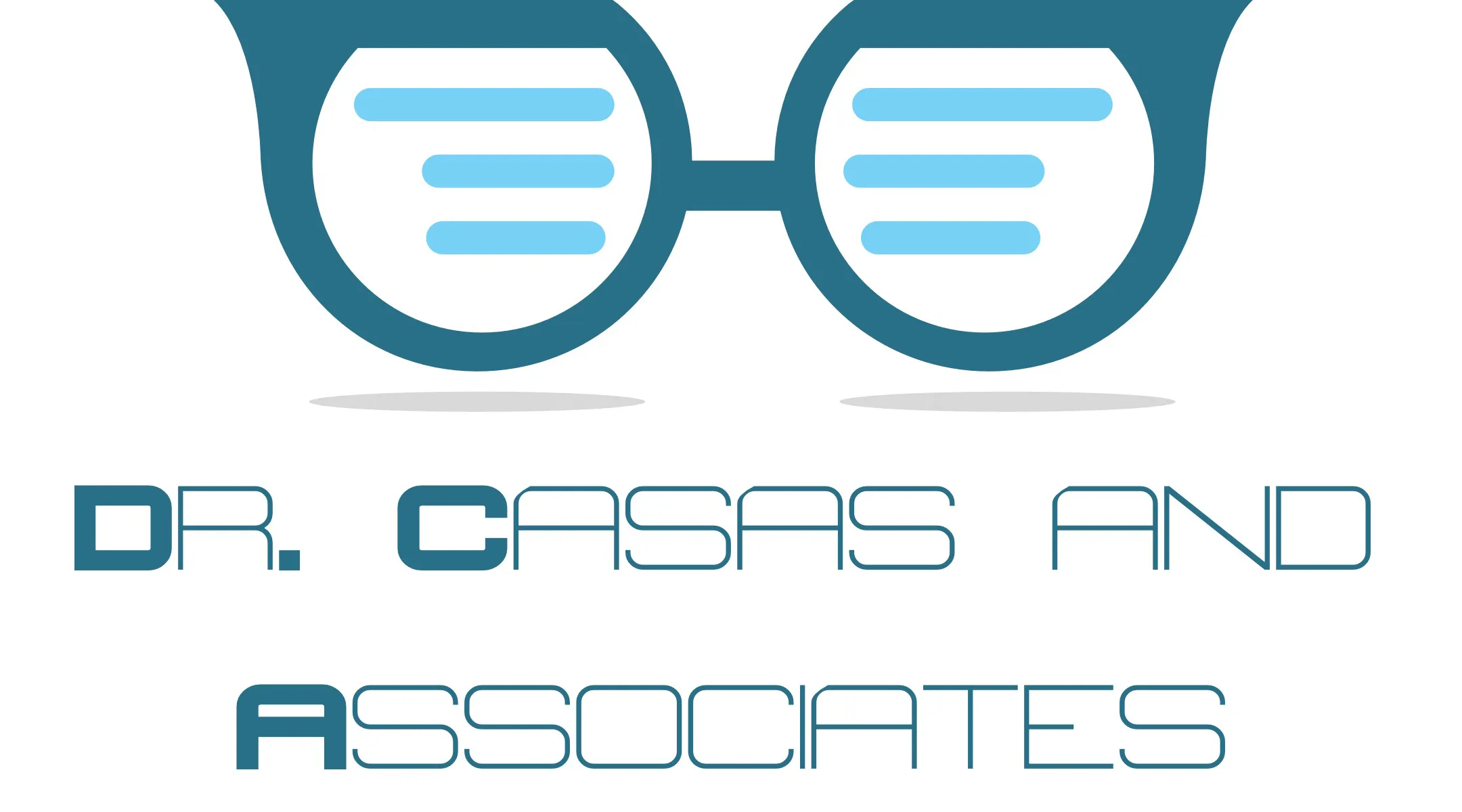National News
Rates of Myopia Increasing
Published On: 12/15/2009
By: Roan, Los Angeles Times
The Los Angeles Times (12/15, Roan) reports that, according to a study published in the Dec. issue of the Archives of Ophthalmology, "17% more Americans aged 12 to 54 are afflicted with mild to severe distance vision problems than 30 years ago." In their study, "researchers at the National Eye Institute, part of the National Institutes of Health, found that rates of myopia...in people ages 12 to 54 increased from 25% in 1971-72 to 41.6% in 1999-2004. The study included people with a range of myopia, from mild to severe." Study lead author, Susan Vitale, PhD, MHS, explained that "the likely cause is less outdoor time and more activities requiring close-up viewing, such as text-messaging, playing hand-held video games, and Web surfing," Bloomberg News (12/15, Gibson) reports. Importantly, myopia "ends up costing a lot," Vitale said, pointing out that "it costs $3.8 billion a year to treat poor distance vision, a tab that rises by $1 billion for every 12 percent increase in the rate of nearsightedness." MedPage Today (12/14, Fiore) reported, "The researchers noted that improved methodologies have pegged the actual prevalence of adult myopia at 33% in 2008. They said they used older formulas, which overestimated nearsightedness, on both old and new data to show the rate of growth." Noting specific trends, the authors found that "among blacks, estimates of myopia prevalence grew faster over the period than it did among whites, more than doubling -- from 13% to 33.5%." Meanwhile, "among whites, estimated prevalence increased from 26.3% to 43%," while overall "prevalence was...higher in 1999-2004 for all levels of myopia severity."
12/15/2009 Rates of Myopia Increasing
